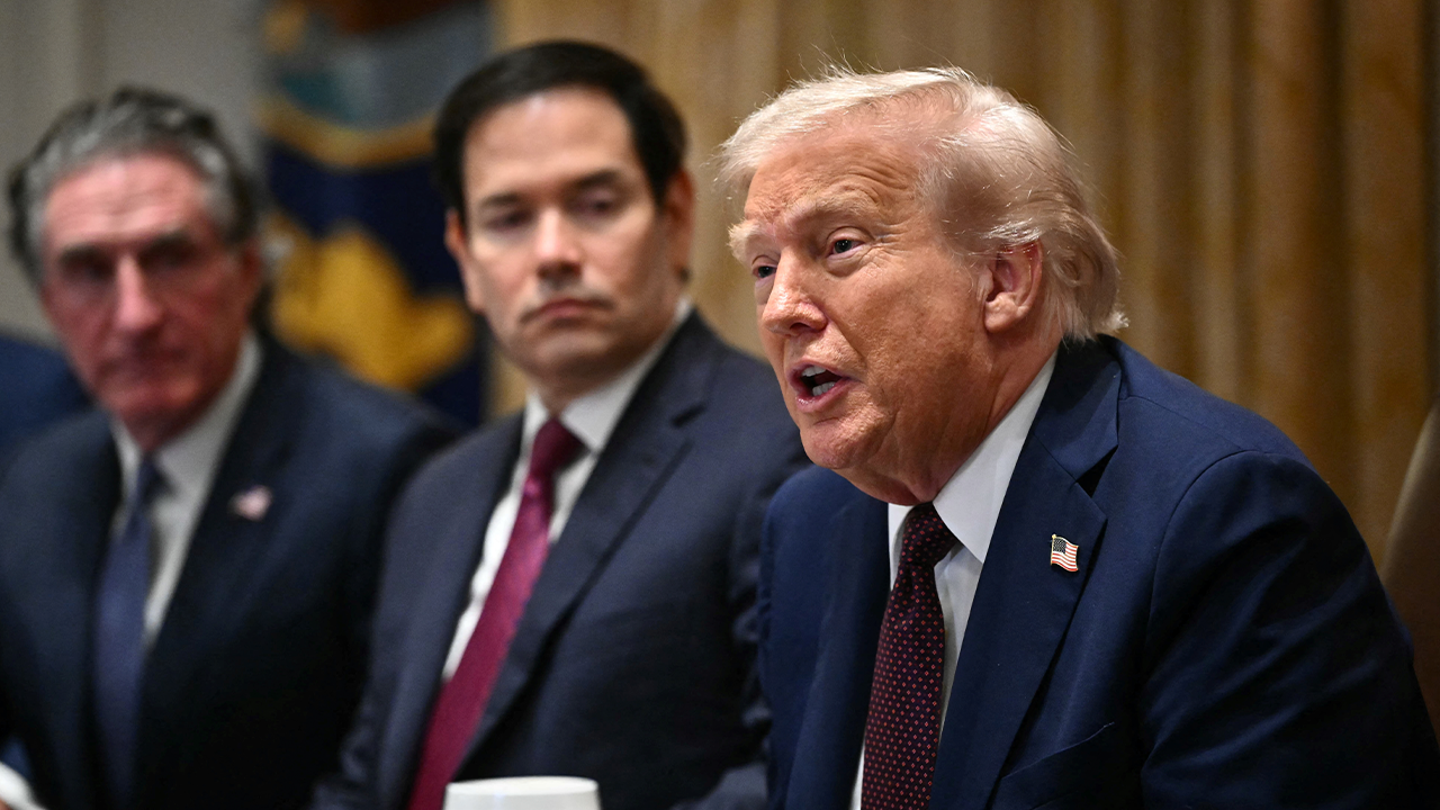
Trump insists liberal governor praised him in private convo, scoffs at 2028 hopes
Entities mentioned:
- Donald Trump: Power, Recognition, Self-preservation
- Wes Moore: Ambition, Self-respect, Duty
- Kamala Harris: Ambition, Power
Article Assessment:
Credibility Score: 65/100
Bias Rating: 65/100 (Lean Right)
Sentiment Score: 35/100
Authoritarianism Risk: 55/100 (Mixed/Neutral)
Bias Analysis:
The article leans right, primarily due to its reliance on Trump's statements and Fox News sources. While it includes Moore's rebuttal, the framing gives more weight to Trump's version of events.
Key metric: Political Polarization
As a social scientist, I analyze that this article highlights the increasing political polarization in the United States. Trump's claims about Moore's alleged praise and Moore's subsequent denial exemplify the growing divide between political parties and their supporters. The dispute over what was said in a private conversation, now made public, demonstrates how personal interactions between political figures can become contentious issues in the media. This polarization is further exacerbated by Trump's threats to revoke funding and deploy the National Guard in Baltimore, which could be seen as an attempt to assert federal power over state governance. The article also touches on themes of political ambition and public image management, as both Trump and Moore appear to be positioning themselves for future political roles.

Death penalty could return in nation's capital under Trump’s DC crime crackdown
Entities mentioned:
- Donald Trump: Control, Power, Righteousness
- U.S. Supreme Court: Justice, Duty, Influence
- D.C. Council: Justice, Duty, Unity
- Death Penalty Information Center: Justice, Duty, Curiosity
- U.S. Attorney Jeanine Pirro: Justice, Duty, Professional pride
- Metropolitan Police Department: Duty, Security, Professional pride
- D.C. National Guard: Duty, Security, Loyalty
Article Assessment:
Credibility Score: 70/100
Bias Rating: 65/100 (Lean Right)
Sentiment Score: 35/100
Authoritarianism Risk: 75/100 (Authoritarian Tendencies)
Bias Analysis:
The article leans right, primarily due to its focus on Trump's perspective and actions without significant counterbalancing viewpoints. It presents the administration's claims about crime reduction uncritically, without exploring alternative explanations or critiques.
Key metric: Crime Rate in Washington D.C.
As a social scientist, I analyze that this article presents a significant shift in criminal justice policy for Washington D.C., with potential far-reaching implications. The proposed reintroduction of the death penalty, coupled with increased military and federal law enforcement presence, represents a dramatic escalation in the approach to crime prevention and punishment. This policy shift could potentially impact the crime rate in several ways: it may serve as a deterrent for serious crimes, but it could also escalate tensions between law enforcement and communities, potentially leading to increased unrest. The use of military forces for domestic law enforcement raises questions about the balance between security and civil liberties. The effectiveness of such measures on long-term crime reduction is debatable, as research on the deterrent effect of the death penalty is inconclusive. This approach also diverges from recent trends in criminal justice reform focusing on rehabilitation and addressing root causes of crime.